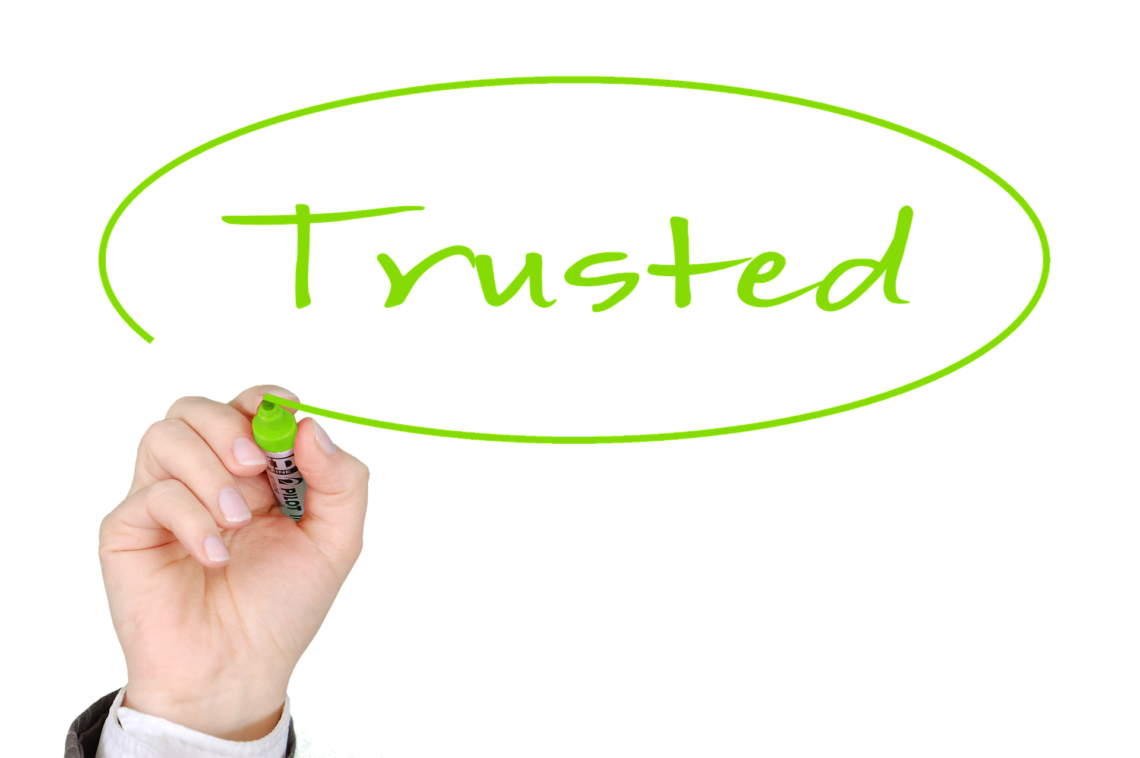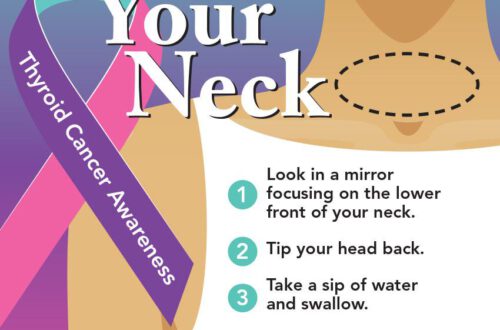
Authority And Credibility
After careful consideration of the issues raised when I compared my site to the website of another psychologist I have made some changes. I am removing the offer to give advice and replacing it with an offer to help. I have also rewritten the page addressing credibility criteria to reflect what I am doing rather than what I originally planned to do.
One of the most dangerous things we do in life is trust others. When we trust someone else we put ourselves at risk of being lied to, cheated, ripped off or sent down paths that can lead to all kinds of harm.
One of the most essential skills in life is, however, the ability to trust others.
Life can be pretty miserable if you don’t have the ability to trust. You are likely to reject people when they offer you love, friendship, help or support if you don’t trust them.
This entry does not attempt to look at trust in personal relationships as, quite honestly, I still struggle with that myself. I am looking at a different sort of trust here. How do we know whose help, advice, opinions and services we can trust?
Society has two measuring sticks to help us work out who we can trust when it comes to these things – authority and credibility.
The more authority a person has the more credible they tend to be but the reverse can also be true. The more credible someone is the more authority they will be seen to have.
How does one measure authority?
Through weighing up the likelihood that the person really does know what they are talking about. A person is considered to be more likely to know what they are talking about if they are educated or experienced in that field. The same applies to websites. If the content of a site is written by someone who is educated or experienced in the field it meets the criteria for authority.
We trust our doctor because we assume his many years of study into the human body has equipped him with the knowledge required to make him more of an authority on our health than we are. We trust health information on a website if a doctor has written it for the same reason.
We should not, however, trust either one without checking their credibility.
How does one measure credibility?
Through weighing up the likelihood that claims they are making about their authority are true and checking out whether they have a hidden agenda.
It is assumed that nobody listed in the telephone book under “Doctor” would be there if they were not really a qualified doctor. Most people don’t check the premises of their doctor but, if they did, they would (should) find his or her qualifications in a frame on the wall somewhere. The same applies, or should apply, to websites. In the “about” section there should be information that allows you to decide if they really are qualified to talk about their subject or not.
In the absence of educational qualifications we tend to look for experience to help us decide if someone is credible or not. This is the reason why you see businesses advertising how long they have been in operation. The length of time advertised will almost always be many years. The years provide the business with credibility because we assume if they were dodgy, or no good at the job, they would go out of business fairly quickly. (Keep that in mind the next time you plan to buy from an eBay store! Scam stores tend to fold up after about a year.)
Once we decide a person, or website, has authority because they have the knowledge or experience needed we then check, or should check, for hidden agendas to see if they are credible. This is where all those old sayings like “If it seems too good to be true – it probably is” and “Nothing is ever really free” come from. The best way to sucker someone is to offer them more than any legitimate competitor can ever offer. The legitimate competitor has to cover costs and make at least some profit so they can’t offer the deals a scammer can offer.
It is in this area that most of us risk falling victim to con artists, rip off rogues and scam merchants. We often don’t look for, can’t see, or ignore the hidden agenda and it is almost always to our own cost.
This automatic, instinctive, trust we offer to people when we think they are likely to have the answers has created rules and ethical obligations for people who are in what is called a “position of trust”.
If a doctor endorses “Miracle Cure Potion” we need to know if he is being paid to endorse it. If he is being paid we are entitled to question, we SHOULD question, his claim that the potion will cure all our illnesses because his opinion of the product might be being swayed by the money he stands to gain if people buy it. If he does not tell us he is being paid to endorse it he breaches an ethical, if not legal, obligation.
Breaching these rules and ethical obligations are a sign that the person is not, or may not be, credible. If a doctor were to promote that miracle cure he would lose credibility in the eyes of other doctors who would condemn him for taking advantage of his position of trust to sell a product.
My education, training and experience qualify me to assume a “position of trust” with people I see professionally. In return for that trust I am ethically obliged to put the welfare of that person ahead of my own and do what is best for them at all times. The law demands that I be accountable for the way I behave and the choices I make in that relationship too.
In my professional life I behave ethically at all times. I keep my personal life to myself along with my opinions, experiences and beliefs. I never try to influence clients to do what I think they should do or let my religious beliefs interfere with the client’s right to be who they are and make their own choices. I never, ever, give advice or self-disclose in my professional practise. I often want to but I never do.
When I started this website I wanted to say all the things I cannot say to people in my professional life. I wanted to tell them all the things I have learned, all the things that helped me, unfettered by the obligation to focus on them and exclude me.
I also wanted to let people know about the qualifications I have so they would know I am not “just another ignorant fool leaning on the crutch of Christianity”.
I wanted people to know they can trust me. My education, training and experience provide me with “authority” and I wanted people to know that.
But what about credibility?
I knew some of the things I was going to say would cause other psychologists to eye me with suspicion but I felt they would only do that if they had no experience of the reality of God. On the other hand, I knew that religious people would also eye me with some suspicion. They, of course, would have no experience with the reality of psychology.
The fact that other people in my fields (psychology and religion) would view me as questionable bothered me. I knew it would create doubts about my credibility.
In order to achieve maximum credibility I designed the site to meet the criteria for the International best practice for website credibility. One of the mandatory criteria for this is the obligation to disclose details of the process material goes through before it is approved to appear on the website.
It took some time to think up a way to ensure credibility in this area but I decided linking to other sites with material that supported what I was saying would be the best way to do it.
Over the months that followed I discovered there just wasn’t time to go hunting for supporting links for everything I write. When I did go looking it seemed that I was often in limbo with only myself, or the bible, to quote.
The recent soul-searching I have been doing brought me back to that criteria. If I cannot back up the things I say by pointing to others who agree with me then, by definition, my credibility is in question!
That left me with two choices. Pull myself into line or abandon my claim to be a legitimate, credible, source of information.
I began this site to try and make money from writing. I didn’t think I would make any but I figured it was worth a try. Then it occurred to me that I might be able to help people if I shared some of the things I have learned in my journey through life. The most helpful thing I know is, however, that God exists and he does get involved in our lives on a personal level if we let him.
Voila! There it was – my hidden agenda!
It has been so well hidden I didn’t even really see it myself until now. I really thought my motive for creating this site was to help people through passing on the knowledge I have accumulated throughout my life.
That was the truth but not the whole truth. The truth is I really believe only God can help us make the most of our lives. Psychology can help, with or without God, but for maximum benefit we need God.
On this site I seem to be writing three types of articles.
1. Articles designed to allow people to learn the things psychology has to offer such as the cycle of violence and the stages of change.
2. Articles designed to allow people to learn what God has to offer such as the help I believe He gave me in my battles with nightmares and suicidal thoughts.
3. Articles with no real purpose other than to express my view of the world such as my rants and my opinions on the news.
Every word I write is, however, filtered through my hidden agenda(s)!
I don’t talk about how it really feels to be a celibate, Christian psychologist who suffers from anxiety, depression, paranoia, post traumatic stress disorder and who is so unable to trust others that she cannot, will not, make friends or take chances on love any more. I don’t want people to think being a Christian is no fun.
I don’t talk about things that could prove harmful to others. Like what happened last night. I gambled again last night but I didn’t lose. I didn’t want to risk triggering an urge to gamble in anyone who is battling this addiction so I wasn’t going to talk about it. Even as I write my other agenda – helping people – is loud and clear in my head. “Tell them you didn’t win much – only 80 dollars” it is shrieking. “Tell them you only walked away ahead because you forced yourself to leave before you lost it all and more”. “Delete, delete, delete! Even 80 dollars might trigger someone who is on the wagon to gamble again!”
I’m still, however, aiming to be considered credible. One of the ways to regain credibility is to reveal my hidden agendas to people so they can make informed choices about what they will think about me and what I say on this site.
I have now done that. (Ignores overwhelming urge to delete the information about not losing last night.)
It is not, and never has been, my intention to harm, or do wrong by, anyone who reads the things I write.
For that reason I am backing down from my offer to give advice. Giving advice is the same as telling people what they should do and I don’t want to do that. It is not in anyone’s best interests to let the “experts” tell them how to live their lives. Every choice people make has consequences that they will have to live with so it is best they make their choices freely and with all the information they need to make the best choice available to them.
This site no longer offers advice. It offers information. A lot of the information it offers IS credible because it is in line with accepted knowledge in the field. I also offer my personal life experiences and they may not be credible at times. The more you know about something the better equipped you will be to make good choices for your own life. My life experiences are simply additional information for you to consider as you make your own choices.
I want people to let God into their lives. I have no right to want that for them if I am not prepared to let them see all there is to see about making such a choice.
My next entry will address that issue. I will talk about how it really feels to be a celibate, Christian psychologist suffering anxiety, depression, paranoia, post traumatic stress disorder and being so unable to trust that I cannot, will not, make friends or take chances on love any more.
I will also talk about how it was God who showed me, a couple of days ago, those truths about myself and what he wants me to do about them hehehe.




